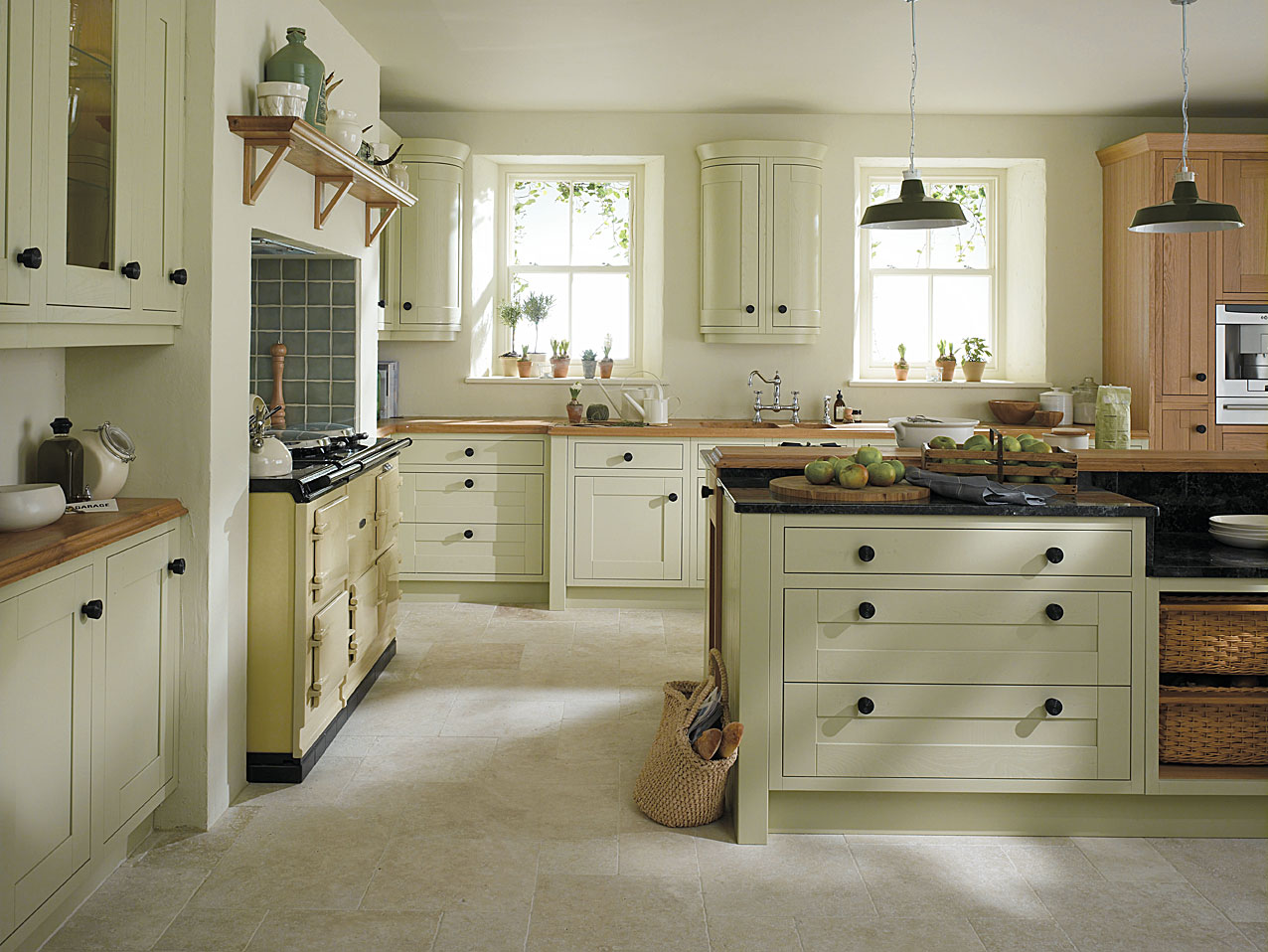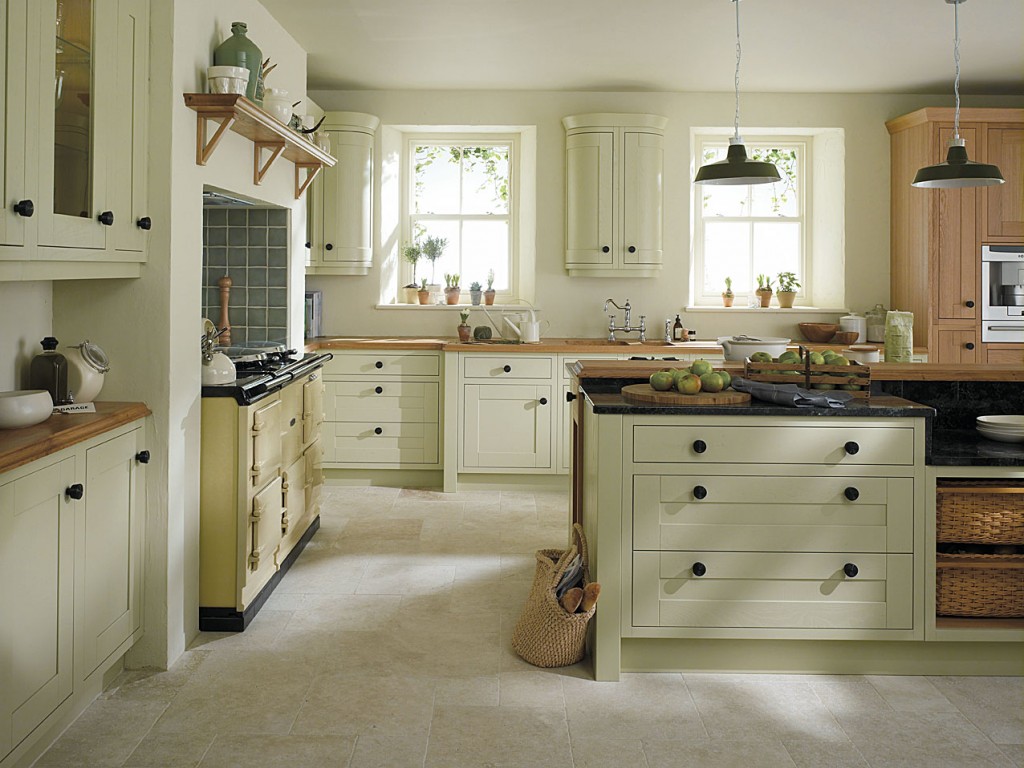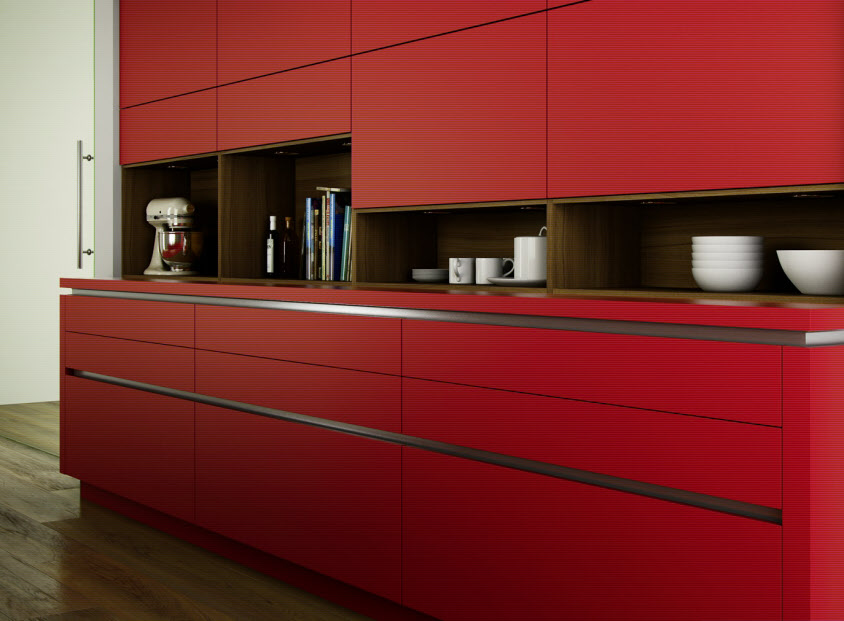Kitchen designer Darren Morgan considers the place for traditional kitchen designs in today's digital world of instant gratification, whether selling appliances is just more trouble than it's worth and suggests that retailers take care when playing the seasonal 'sales' game
We live in an open-plan world that has been condensed into something that fits into the palm of your hand. We exist in an augmented reality that can deliver information and ideas at the touch of a button.
We expect sensory stimulation beyond expectation and have become slaves to fashion, brainwashed by the commercial infiltration of our digital revolution.
On a recent visit to London, acclaimed designer Karim Rashid, highlighted the impact our digital existence is having on design by saying “we live in a digital world, so the least we should expect is that our reality can compete”. But can an ideology of vibrant colour and experimental form work in an industry that is bound to a legacy of traditional craftsmanship? And can our industry even cope with the idea that the kitchen is evolving beyond being a series of boxes?
Contemporary kitchen design allows us to imagine beyond what is already available, to create something unique that has a purpose or solves a problem. Designers working in this field are seen as leaders, individuals who use their imaginations to develop our future spaces. But where can traditional design fit into this progressive ideology?
If Rashid is right, we could be less than a generation away from the extinction of traditional style.
The influence of the digital world and the subsequent increased popularity of contemporary design have been compounded by population growth and the continual contraction of our living environment. Space-saving design and functional efficiency is all part of creating a good kitchen and as kitchens become smaller they are becoming absorbed into the surrounding architecture.
In many ways, Rashid may be right. Future generations may demand functional modern kitchens that have the abilityto become a digitised platform for multimedia presentations. Future kitchens may integrate colour-changing technology into doors and cabinetry to cope with shifting trends, while 3D technology and sound may help to provide an architecturally integrated entertainment solution that can be used to prepare meals, socialise and entertain within a compressed living space.
However, in reality this one-sided vision of the future is naive and cannot be universally applied to the kitchen industry. The diverse nature of kitchen design is inspired by the complexity of human nature and this ever-shifting fabric of personal taste will never settle for one solution.
Traditional design celebrates the beauty of natural materials and tried-and-tested methods, allowing us to create products with soul – the type of kitchens that provide a personal satisfaction way beyond a quick fix in a virtual world.
Designers are now embedding technology and shape-shifting elements into traditional kitchens to create crossover designs that cater for those who want the wow for now and the reassurances for later. Hybrid designs are being created using contemporary, asymmetrical styling mixed with traditional door profiles and new sustainable materials are being developed to allow the traditional look to be achieved more cost-effectively.
One thing is very clear. The digital world has the potential to ride roughshod over our industry with remote applications and virtual shopping creating a shift towards convenience. Future generations may not want or need to trudge down their local high street to buy their next kitchen.
As our industry starts to implement an educational programme for future designers, we must seriously consider the impact of digital media on the products we produce.
The above article on KBB Review is by Darren Morgan, a designer with over 12 years experience in the kitchen industry. His award winning designs have been noted in many journals and websites the world over and he has written articles for magazines, journals and websites across the globe. Darren is also a Regional Director of the Society of British Interior Design.









